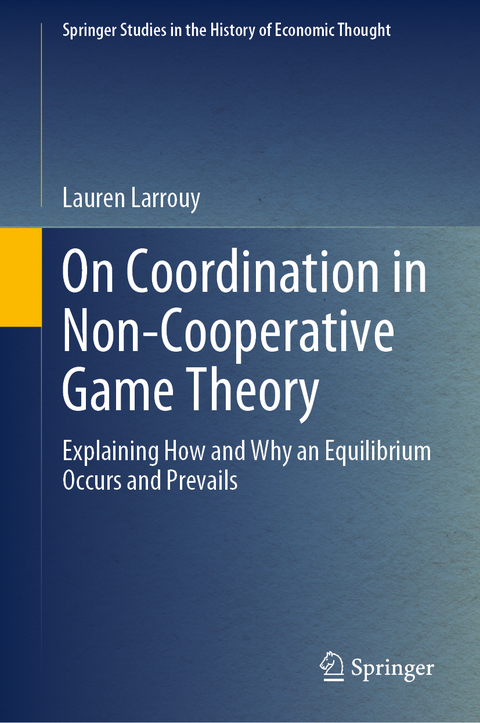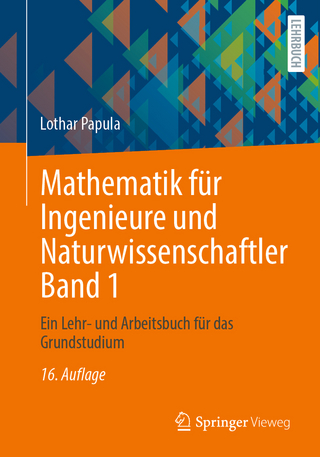
On Coordination in Non-Cooperative Game Theory
Springer International Publishing (Verlag)
978-3-031-36170-8 (ISBN)
By offering a critical assessment of the evolution of standard game theory, this book argues for a shift in the ontology and methodology of game theory for appraising games, one based on understanding the players' strategic reasoning process.
Analyzing the history of economic thought, the book highlights the methodological issues faced by standard game theory in its treatment of strategic reasoning and the consequence it has on the status of players' beliefs. It also highlights how the two original contributions of T. C. Schelling and M. Bacharach can be applied to these issues. Furthermore, the book assesses the intersubjective dimension in games by applying the cognitive sciences and by integrating simulation theory into game theory.
Consequently, this book offers an interdisciplinary approach for reassessing the nature of the intersubjectivity involved in strategic reasoning. It shows that the analysis of games should involve the study and identification of the reasoning process that leads the players to a specific outcome, i.e., to a specific solution. A game should not be understood (as is done in standard game theory) as a mathematical representation of an individual choice at equilibrium. This requires investigating the players' capacity for coordination. Understanding the process of coordination allows us to understand strategic reasoning and ultimately to provide new answers to the indeterminacy problem, one of the central hurdles in game theory, and one that underscores its normative difficulties.
After completing a Ph.D. fellowship at the Université Côte d'Azur (France) and working under the supervision of Pr Richard Arena, Lauren Larrouy became a temporary research assistant at the Institut d'Etude Politiques in Toulouse. After a maternity leave, she continues her work on the history of economic thought and philosophy, combining her practical knowledge of agricultural actors and institutions with an academic knowledge in agricultural economics.
Chapter 1. Introduction.- Chapter 2. A critical assessment of the evolution of standard game theory.- Chapter 3. Schelling's reorientation of game theory: toward a theory of interdependent decisions.- Chapter 4. Bacharach: How the Variable Frame and Team Reasoning Theories challenge standard noncooperative game theory.- Chapter 5. A new frame for intersubjectivity in game theory: the insights of the Theories of Mind and Simulation.- Chapter 6. On the use of mindreading and mindshaping in game theory: incorporation of players' mental states and endogenization of players' beliefs.- Chapter 7. General Conclusion.- Chapter 8. Appendix.
| Erscheinungsdatum | 19.08.2023 |
|---|---|
| Reihe/Serie | Springer Studies in the History of Economic Thought |
| Zusatzinfo | XVII, 340 p. 14 illus. |
| Verlagsort | Cham |
| Sprache | englisch |
| Maße | 155 x 235 mm |
| Gewicht | 705 g |
| Themenwelt | Geisteswissenschaften ► Philosophie |
| Mathematik / Informatik ► Mathematik ► Angewandte Mathematik | |
| Wirtschaft ► Volkswirtschaftslehre | |
| Schlagworte | Coordination in game theory • Framing in games • Games as open systems • Game Theory • History of Economics • History of Economic Thought • Integrating theory of mind in game theory • Reasoning process in games • Simulation theory in game theory |
| ISBN-10 | 3-031-36170-9 / 3031361709 |
| ISBN-13 | 978-3-031-36170-8 / 9783031361708 |
| Zustand | Neuware |
| Informationen gemäß Produktsicherheitsverordnung (GPSR) | |
| Haben Sie eine Frage zum Produkt? |
aus dem Bereich


